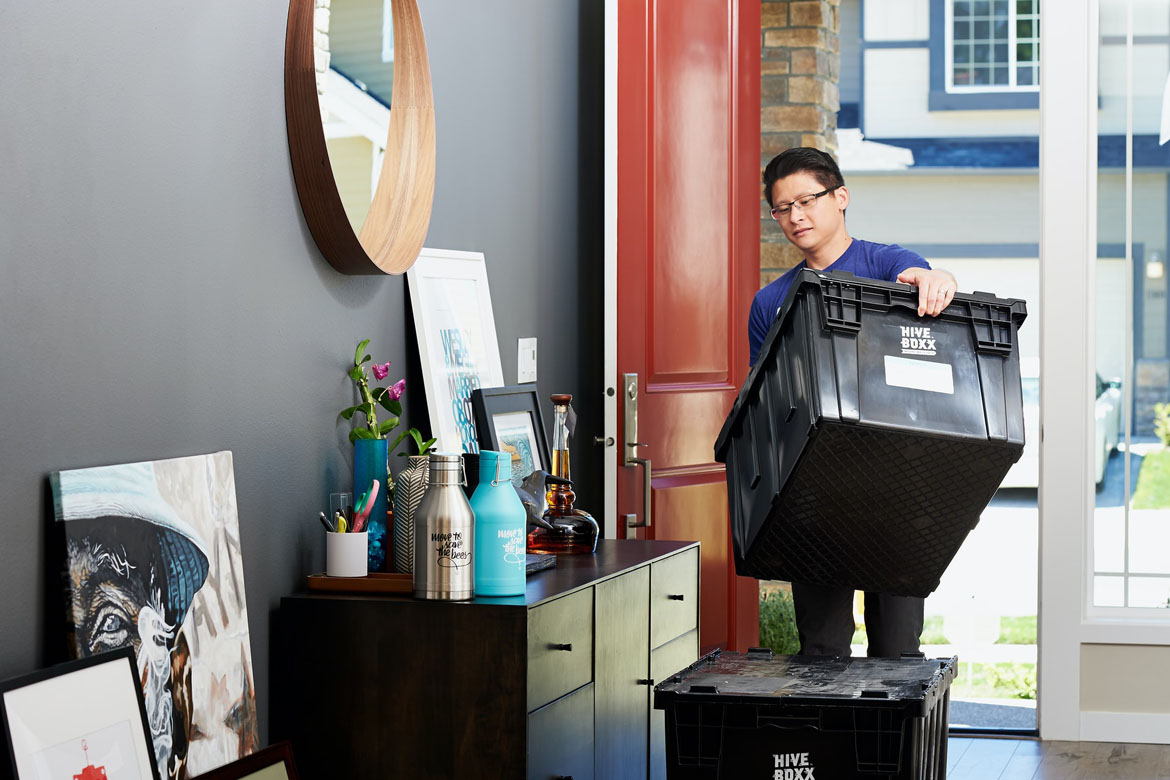8 Tips to Create A Budget for Moving to a New City
Moving to a new city involves organizing and managing many different aspects of your life. One important task is to create a budget that will help you cover the costs of not only moving but then living in said city. There are many factors to consider when putting together a budget for moving to a new city. The following are 8 tips to help get you started:
Know your current financial situation
Taking a good hard look at your current financial situation is crucial to getting yourself on the right track when making a budget. You may be thrilled to use various finance tools by Calculator-online.net to manage your financial expenses. Set aside some time to review your recent bank statements and credit card bills. This will give you a clear idea of your spending habits and help to identify any areas where you may be able to cut back or save more.
Determine your general moving costs
The first step in creating a budget for moving to a new city is to estimate the cost of the move itself. This will include things like renting a moving truck, hiring movers, and any other related expenses. Once you have a good idea of the costs associated with physically relocating, you can begin to look at ways to cut down on these expenses if necessary. Sites like Muval help you find affordable removalists, and also have helpful moving cost calculators to help you plan.

Determine more specific moving costs
It is usually pretty easy to come up with a list of general moving costs such as the ones mentioned above, however, many times there are a number of unexpected costs related to moving that many people do not account for. These can include anything from post office charges for forwarding your mail to the cost of transferring your utilities into your new residence. While these may not seem like a big deal at the time, add them all up and you could be looking at a hefty amount.
Once again, taking the time to research these types of expenses in advance can help you avoid any unwelcome surprises down the road.
Consider the cost of living in your new city
When moving to a new city, it is important to consider the cost of living in your soon-to-be home. This will include factors beyond just mortgage payments or rent. Other expenses that may have a substantial impact on your new budget will include the cost of transportation, food, utilities and more.
Another important aspect to research when compiling your budget, especially if you are moving out of state or even country is the amount of tax. Whether it be income tax off your pay, property tax on your new home or sales tax when making purchases, these can all have a large effect on how much money you will need to account for in your new budget.
Be realistic with your budget
It is important to be realistic when creating your budget for moving to a new city. This means not only being honest with yourself about your current financial situation but also being mindful of the upcoming costs you may face. It can be easy to get caught up in the excitement of moving and underestimate the amount of money you will need to get by.
If at all possible, aim to have a buffer in your budget for unexpected costs or changes in your circumstances. This can help you avoid any financial stress down the road and make the transition into your new life that much smoother.
Also, don't forget to factor in the fun! When moving to a new city, one of the exciting parts is getting to go out and explore. Whether it be hitting up some local restaurants, checking out a new museum or going to see a show, make sure you give yourself a little wiggle room in your budget to enjoy all that your new city has to offer.
Create a savings plan
If you are serious about creating a budget for moving to a new city, one of the best things you can do is start saving as soon as possible. Begin by looking at your current spending habits and see where you can cut back in order to put more money away each month.
If you are able to, setting up a dedicated savings account for your move can help you stay on track and make it easier to see how much progress you are making. Another great way to save is to get creative with your living situation in the months leading up to your move. If you are able to, consider moving in with family or friends, getting a roommate or even subletting your current place until you are ready to make the big move.
Create a realistic timeline for your move
In addition to being realistic about the cost of moving, it is important to also be realistic about the timeline of your move. Trying to do everything at once is not only overwhelming but can also be expensive. If possible, start planning your move several months in advance so you have ample time to save up and get everything in order.

In the weeks leading up to your move, begin to gradually pack up your belongings and start getting rid of anything you don't need. Not only will this help save on the cost of moving but it will also make the process less daunting.
Get organized and start planning
The final tip for creating a budget for moving to a new city is to get organized and start planning as soon as possible. The more time you have to plan, the better off you will be. Begin by making a list of all the expenses you anticipate incurring during your move. This can include costs for housing, transportation, food, utilities and more.
Once you have a good understanding of all the expenses you will need to account for, you can start working on a budget. If you are unsure of where to start, there are numerous online resources and calculators that can help you get an idea of how much money you will need to save.
Moving to a new city can be an exciting but also daunting experience. By following these 8 tips, you can help make the process a little less stressful and ensure that you have a solid plan in place for your finances.








